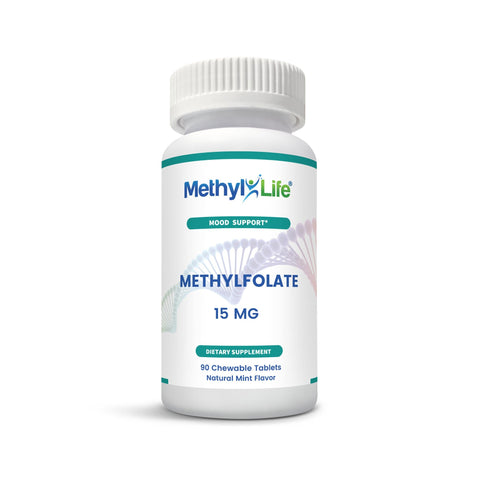Methylfolate and Anxiety
More than one-third of the US population is affected by an anxiety disorder during their lifetime. Unfortunately, anxiety is often under-recognized and undertreated.
Anxiety can have a significant effect on daily life, often causing the sufferer to avoid certain situations. Mild anxiety is fairly common and may only affect someone from time to time. Severe anxiety, however, can be so overwhelming that life is very much disrupted. The mental and physical symptoms that accompany anxiety may occur without warning and feel impossible to control.
If you’re looking for ways to treat your anxiety, your health professional may offer a range of options including psychological treatment, medication, or a combination of both. This is where your personal preference and individual needs will play a big role. The right kind of psychological treatment can be very effective in helping you to overcome your anxiety.










